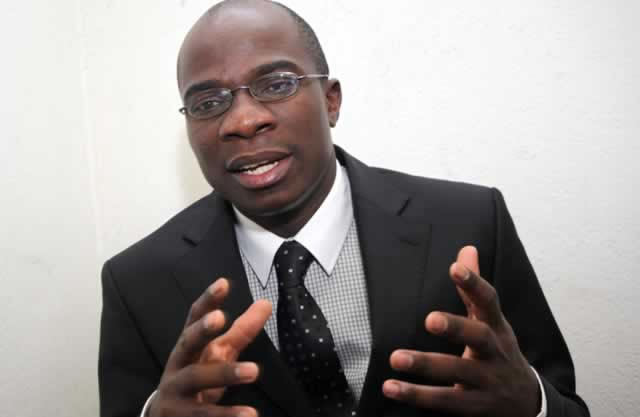EDITORIAL COMMENT: Judgment impinges on children’s rights

A decision by a High Court judge to block a Harare woman from registering her minor child born out of wedlock in the late father’s name without relatives’ consent, we respectfully believe undermines Government’s efforts to ensure all children enjoy the full protection of the law. The woman, Ms Zvikomborero Paunganwa, approached the High Court challenging the constitutionality of Section 12 (2) of the Births and Deaths Registration Act (Chapter 5:02).
The section requires that if the alleged father of a child is deceased, his parents or near relatives should confirm paternity. If not, the woman can register the child in her own family name, which is not an easy option for most families.
The High Court decision is likely to spark a debate on the rights of children. It appears to contradict Section 19 of the Constitution which requires the State to adopt measures and polices that ensure the best interests of the child are paramount. Beyond our Constitution, there are universal statutes on children’s rights that also call for the protection of the rights of the child to strengthen the spine of section 19.
It is prejudicial to the child if some people or relatives are allowed to decide who is and who is not a son or a daughter of their deceased relative. With our courts inundated with cases of brawls on inheritance issues, relatives may refuse to cooperate because of self-serving interests, further worsening the plight of children in this category. In passing the judgment, Justice Munangati-Manongwa said the requirement to prove paternity was meant to safeguard the family entity.
“The carrying of a family name comes with privileges and responsibility culturally, economically and socially, hence it is to be jealously guarded,” she said.
But should this be done at the prejudice of the most vulnerable members of society? If anything, the latest decision by the High Court seems to make a mockery of earlier judgments by the same court protecting the rights of children born out of wedlock.
In a landmark ruling last year, High Court Judge Justice Hlekani Mwayera outlawed the practice of discriminating against children born out of wedlock, saying it was in violation of the Constitution.
The judge made the ruling in a case in which a Harare widow, Ms Elsie Bhila, wanted to bar her late husband’s three children (born out of wedlock) from benefiting from their father’s estate.
Justice Mwayera dismissed as outdated and unconstitutional a view that children born out of wedlock were “bastards”, “devils” and “illegitimate”.
“The common law position of excluding children born out of wedlock violated the constitutional rights to protection of the law and freedom from discrimination,” Justice Mwayera ruled.
“These rights have always been in the Zimbabwean Constitution, the old Act 1979 and have been more pronounced by the wording in the new Act, the Constitution of Zimbabwe Amendment (No.20) Act 2013,” he said.
Arguably, the latest ruling that sets a “we and them” and “not one of us” wall takes us three steps back from Mwayera’s ruling.
Without ignoring the possibilities of greedy parents and guardians who might want to fake parentage and falsely register their children for reasons best known to themselves, it is critical for the courts to prioritise the welfare of children born out of wedlock as part of efforts to enhance the rights of children.
The courts should also be mindful of the rights of women who for long have been at the forefront in the war to give children born out of wedlock the same rights as any other children.
Children born out of wedlock have as much a right as any other child to have an identity, to belong to a family and to the protection of the State.
In the same vein, paternity and maternity should be confirmed for the rights of children’s true family identity and it is important for both parents to prove they are the rightful heirs to a family name or otherwise through early registration of children.
Although the judgment could have induced shock in a lot of women who find themselves in similar situation, a surname should not take away the child’s legal rights and claims to a deceased father’s estate.








Comments